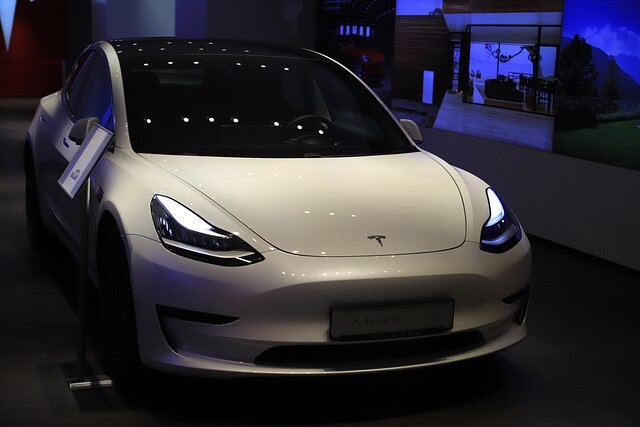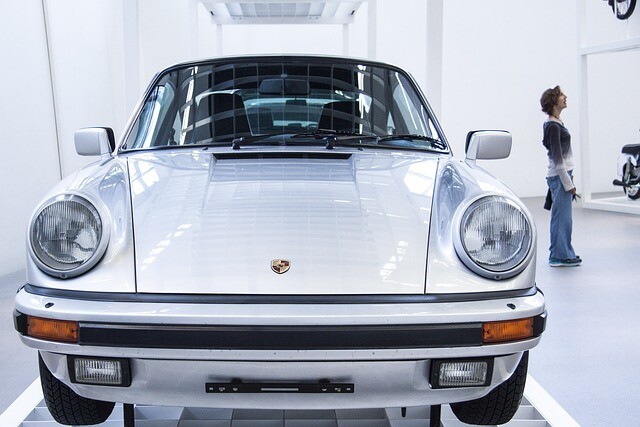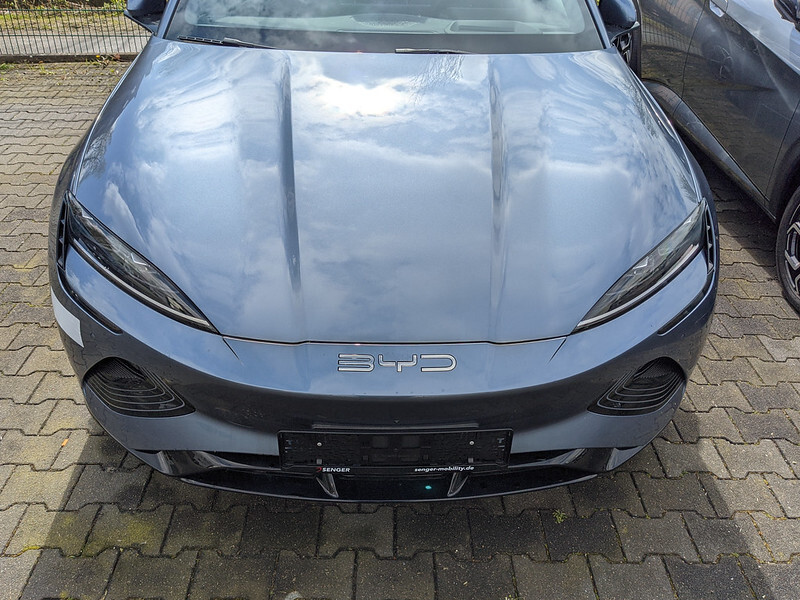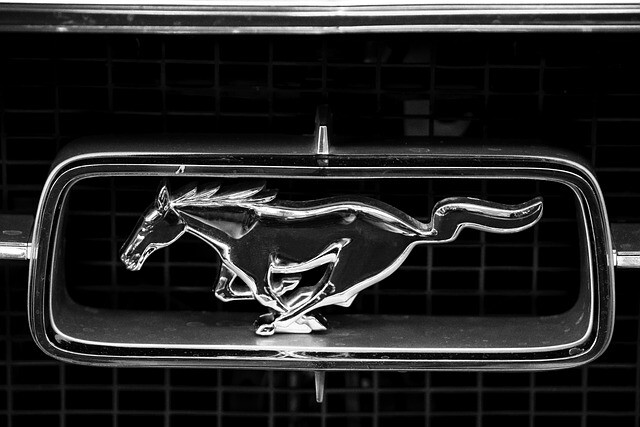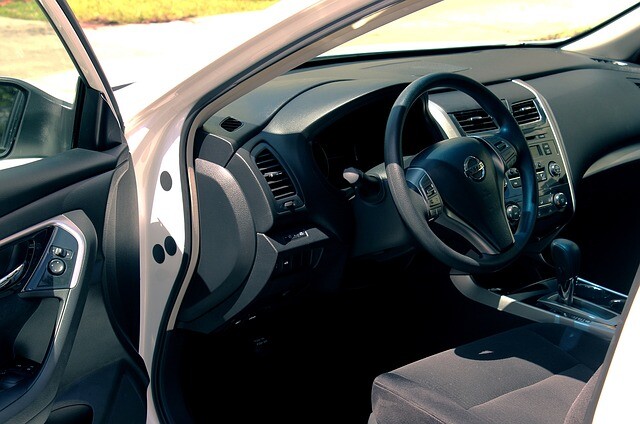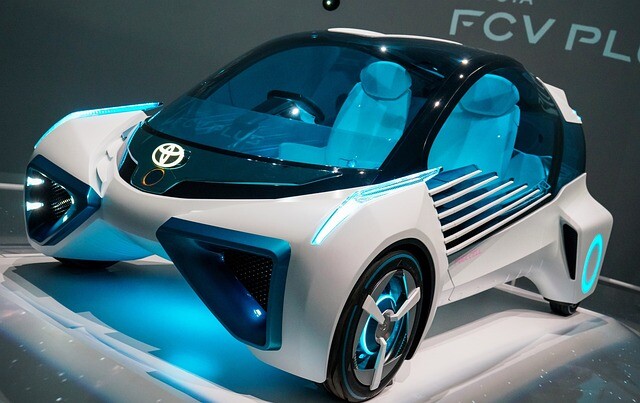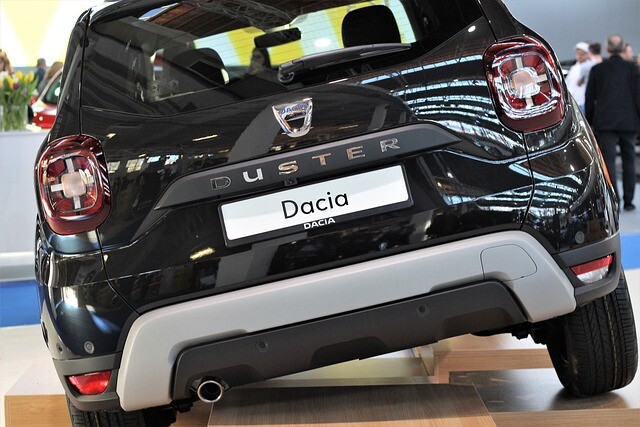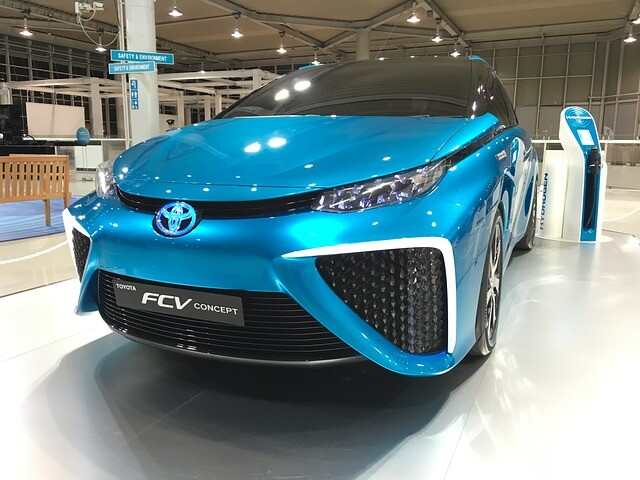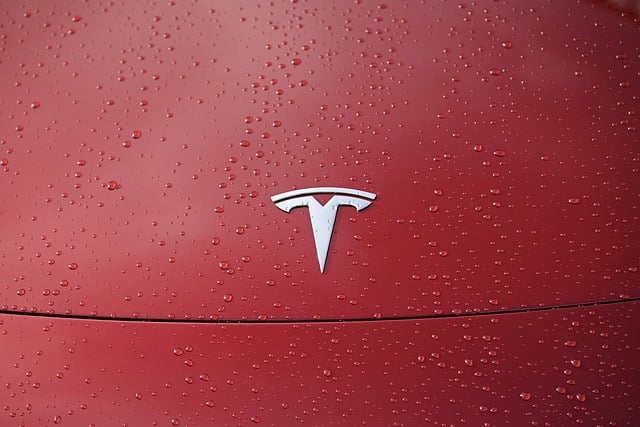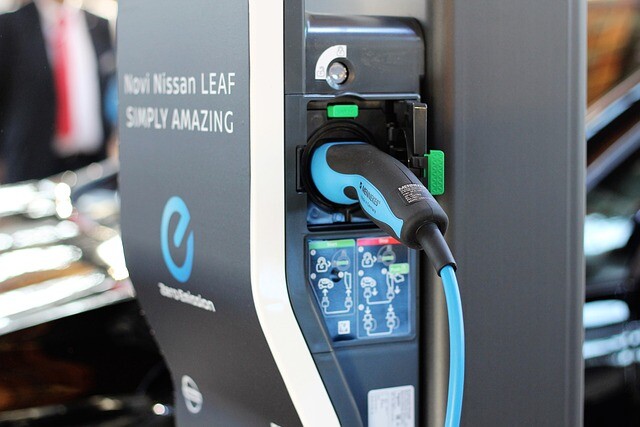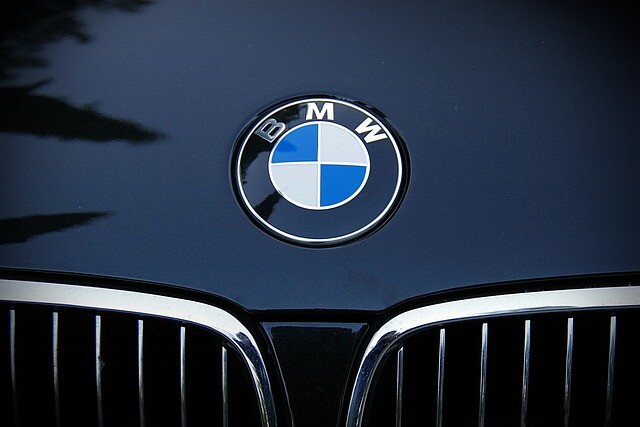What can artificial intelligence provide in the field of car production and development?
Artificial intelligence is creeping into our lives, carefully or not. The automotive industry has already done it. But what does all this mean in practice?
Artificial intelligence is involved in the automotive manufacturing process in many ways. Here are some areas where the application of AI has a significant impact on automotive manufacturing:
Optimization of production processes
With the help of AI, car factories can improve the efficiency and quality of production. AI systems can monitor and analyze processes on production lines and optimize production based on the data. For example, with the help of AI, car factories may be able to optimize the speed and quality of the production of parts, improve the maintainability of machines and predict defects.
Quality control
AI systems can analyze large amounts of data and learn about acceptable quality standards. Using machine learning and image processing, AI systems can detect defects in parts or vehicle assembly. In this way, the efficiency of quality control can be increased and the number of errors can be reduced.
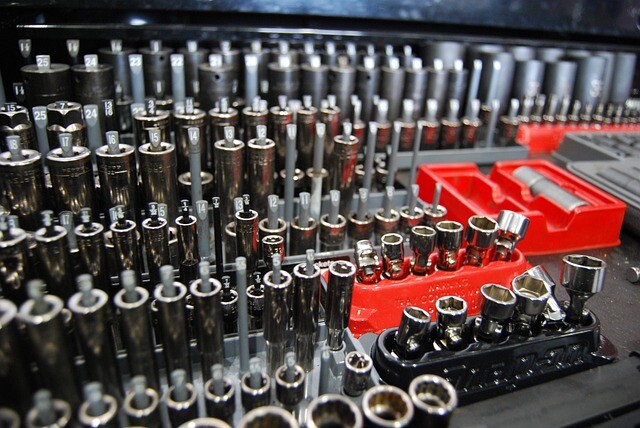
Self-driving vehicles
In the automotive industry, one of the most spectacular areas of application of AI is in the field of self-driving vehicles. Self-driving cars are equipped with tons of sensors that collect data about the environment. Artificial intelligence analyzes this data and makes decisions to control the vehicle. Autonomous driving systems continuously learn and adapt to different traffic conditions, thus providing an increasingly better and safer driving experience.
Improving customer experience
Automakers can also use artificial intelligence to improve customer relations and customer experience. With the help of chatbots and virtual assistants, AI is able to answer customer questions, make suggestions for vehicle selection and car configuration.
(Source: autokalauz.co.hu / images: Pixabay)

